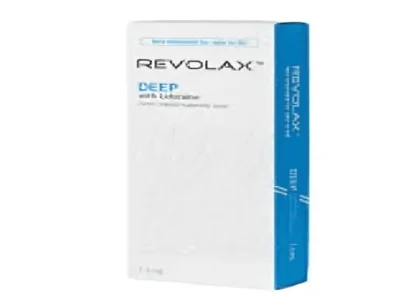Introduction to Rehab Programs
Rehabilitation programs act as a guiding light for people facing challenges with addiction and mental health problems. They offer structured, evidence-based treatments catering to each patient’s needs. For individuals in Colorado, programs like Denver rehab in Colorado provide a safe and supportive environment to break free from the cycle of substance abuse. The focus is not only on stopping drug or alcohol use but also on achieving enduring recovery and wellness. Rehabilitation programs focus on treating both the physical and psychological aspects of addiction, aiming to lessen physical dependence and offer a comprehensive approach to recovery.
The Need for Rehab: Why It Matters
Addiction and mental health issues can have severe impacts on individuals and their loved ones. Rehab offers a structured setting where individuals can acquire the necessary tools for long-term recovery. These programs provide thorough care by addressing both the physical and psychological aspects of addiction, aiding in the rebuilding of lives. Several research reports highlight the potential consequences of unaddressed addiction, including long-term health problems, job loss, and strained relationships. Hence, enrolling in a rehabilitation program is frequently the initial move toward reclaiming one’s life.
Types of Rehab Programs
- Inpatient Rehab: Offers intensive care and 24/7 support within a residential setting. This type of rehab is crucial for individuals who have a severe addiction, offering a controlled environment free from external triggers. Patients are subjected to a rigid schedule which includes therapy, medication management, and recreational activities.
- Outpatient Rehab: This type of rehab provides flexibility as patients continue their daily lives while attending treatment sessions. Ideal for less severe cases, it allows individuals to attend therapy sessions and return to their homes each day. This type of rehab is effective for those who have robust support systems and can maintain sobriety outside the rehab facility.
- Holistic Rehab: Focuses on healing the mind, body, and spirit through alternative therapies like yoga, acupuncture, and meditation. This comprehensive approach addresses the person, potentially leading to a more enduring recovery. Techniques like meditation and acupuncture can help manage withdrawal symptoms and reduce stress, facilitating a more peaceful recovery process.
The Role of Personalized Treatment Plans
Ineffective rehabilitation programs and personalized treatment plans are given priority. These plans are tailored to meet the unique needs of each individual, considering factors such as the type of addiction, mental health issues, and personal preferences. The likelihood of a successful recovery is amplified by tailoring the approach to the individual. For example, certain people may find dual-diagnosis treatment helpful if they are struggling with both addiction and a mental health condition. Customized plans guarantee that each individual receives the particular care they require, whether it be specialized therapy, medication, or alternative treatments.
The Impact of Therapy in Rehab
Treatment is essential in the process of recovering from an injury. Various forms of therapy, like cognitive-behavioral therapy (CBT) and group therapy, help people uncover the root causes of their addiction and develop successful strategies to address it. Multiple studies have shown that cognitive behavioral therapy (CBT) is a very good way to treat addiction. CBT helps patients identify and alter negative thought patterns that encourage substance abuse. Conversely, group therapy offers a space for sharing experiences and supporting each other, which can be very helpful during the healing journey.
Importance of Support Systems in Recovery
Recovery is a journey, and having a solid support system is crucial. Family involvement, peer support groups, and community resources play a significant role in maintaining sobriety. Building a robust network of support can make the recovery process smoother. Family therapy can help mend troubled relationships, while peer support groups provide a feeling of belonging and common objectives. Facilities such as sober living homes and job assistance programs help individuals transition back into their daily routines more efficiently.
Staying Committed to Long-term Sobriety
Achieving sobriety is just the beginning. Long-term recovery involves ongoing commitment and effort. Regular follow-ups, continued therapy, and lifestyle changes are essential for maintaining sobriety. The success stories from the Substance Abuse and Mental Health Services Administration (SAMHSA) highlight the positive impact of sustained effort and support. Continued therapy can help individuals deal with any arising mental health issues. At the same time, lifestyle changes such as adopting a new hobby or regular exercise can keep the mind and body engaged, reducing the likelihood of relapse.
Conclusion
Rehab is a vital step in transforming lives affected by addiction and mental health issues. Individuals can achieve lasting recovery and a better quality of life through personalized treatment plans, therapy, and support systems. It’s a journey worth taking, offering renewed hope and the promise of a brighter future. Each step taken within rehab, from the initial detox to the follow-up treatments, contributes to building a solid foundation for sustained sobriety. With the right resources and support, anyone can conquer their struggles and lead a fulfilling life.
Caring Touch Home Health Makes a Difference in Patients’ Lives














Comments